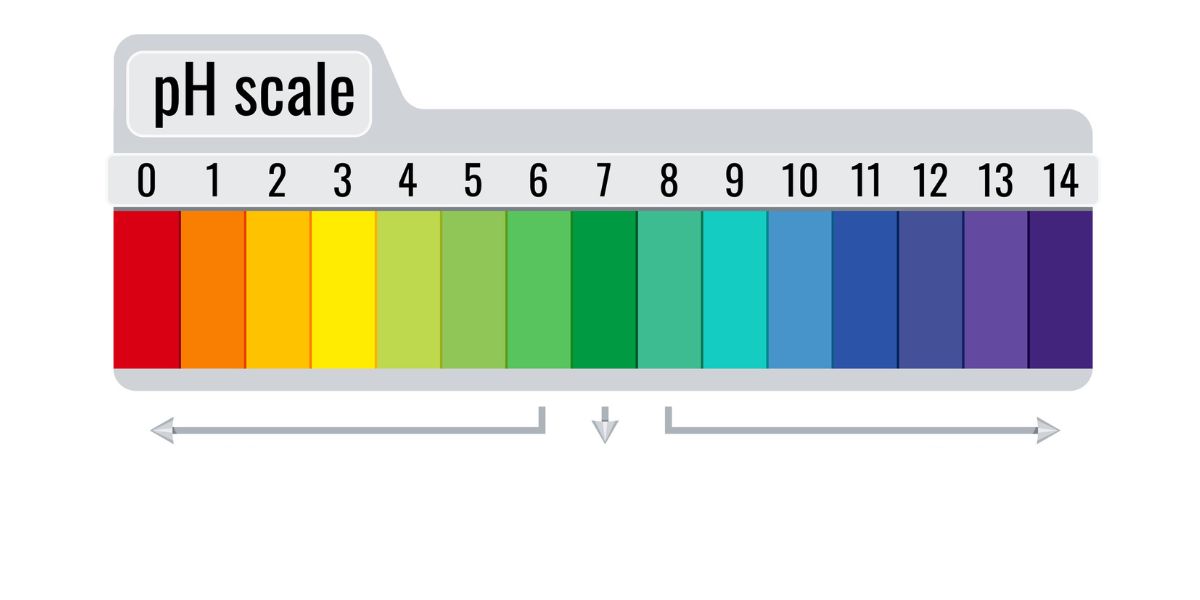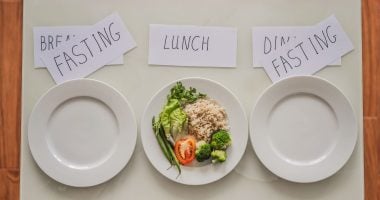The acid-alkaline diet, often referred to as the alkaline diet, has its roots in the studies of biologist Claude Bernard who studied the effects of the kidneys in controlling the acidity of fluids in the body.
The diet has a number of features that mark it as both a healthy diet and one that allows a certain amount of flexibility.
Theory behind the alkaline diet
The theory behind the diet is that the foods we eat can have an effect on the pH levels inside our body. That is eating certain foods have a tendency to raise the acidity within the body, and other foods help to make the body more alkaline.
It is thought that foods that cause the body to become more acidic raise the risk for long term health conditions including cancer
The natural pH level of the body is between 7.35 to 7.45, which is slightly alkaline. The body maintains its pH level through a number of mechanisms which include the involvement of the kidneys and the respiratory system
The aim of the alkaline diet is to prevent the body going into a more acidic state than it needs to be, and therefore prevents the body having to take the same amount of corrective action to restore the body’s natural pH level.
There is some debate as to whether the theory completely stands up, but the diet certainly has a number of features that make it a healthy diet to follow.
What foods can I eat on the alkaline diet?
Foods that are viewed as preferable on an alkaline diet include:
- Vegetables
- Fruits
- Almonds and Brazil nuts
- Seeds –including sunflower, pumpki, sesame and caraway seeds
- Certain grains –including quinoa and buckwheat groats
- Certain beans –including white, lima and soy beans
- Certain oils –including flax seed and olive oil
Acidic foods to be avoided where possible:
- Meat
- Ocean fish
- Dairy foods
- Breads
- White grains
- Certain nuts –including cashews and peanuts
- Butter, margarine and corn oil
- Sugar and sweeteners
- Processed foods
- Alcohol, soft drinks, coffee and black teas
People following an alkaline diet will try to ensure that 70-80% of food consumed is alkaline food. This therefore allows food from the acidic group to be eaten, albeit in restricted quantity.
You may wonder why some foods, such as fruit, are included in the alkaline foods list. The reason is that after digestion the foods have an alkaline effect.
Alkaline diet and health benefits
It is thought that an alkaline diet could benefit the body in the following ways:
- Facilitate weight loss
- Improve bone health
- Improve heart health
- Reduce muscle wasting
- May benefit outcomes in chemotherapy
Is the diet suitable for people with diabetes?
The alkaline diet has a strong focus on vegetables and the limitation of grains is not dissimilar to the restrictions of low carb diets The grains that can be included have a relatively low glycaemic load compared with other grains.
Because up to 30% of food intake can be acidic foods, it does not need to be a vegetarian diet. Those that are o, or have previously been o, a vegetarian diet may find the transition onto an alkaline diet easier than those that have not.
The degree of flexibility offered by the diet means that the diet can be tailored to avoid any nutrient deficiencies.
Are there any health risks of an alkaline diet?
If you are on diabetes medication that can bring on hypoglycemia, you will need to ensure that the diet does not increase the risk of low blood sugar level.
It is advisable to speak with your doctor or a dietitian before starting a diet that is significantly different to your current one.







